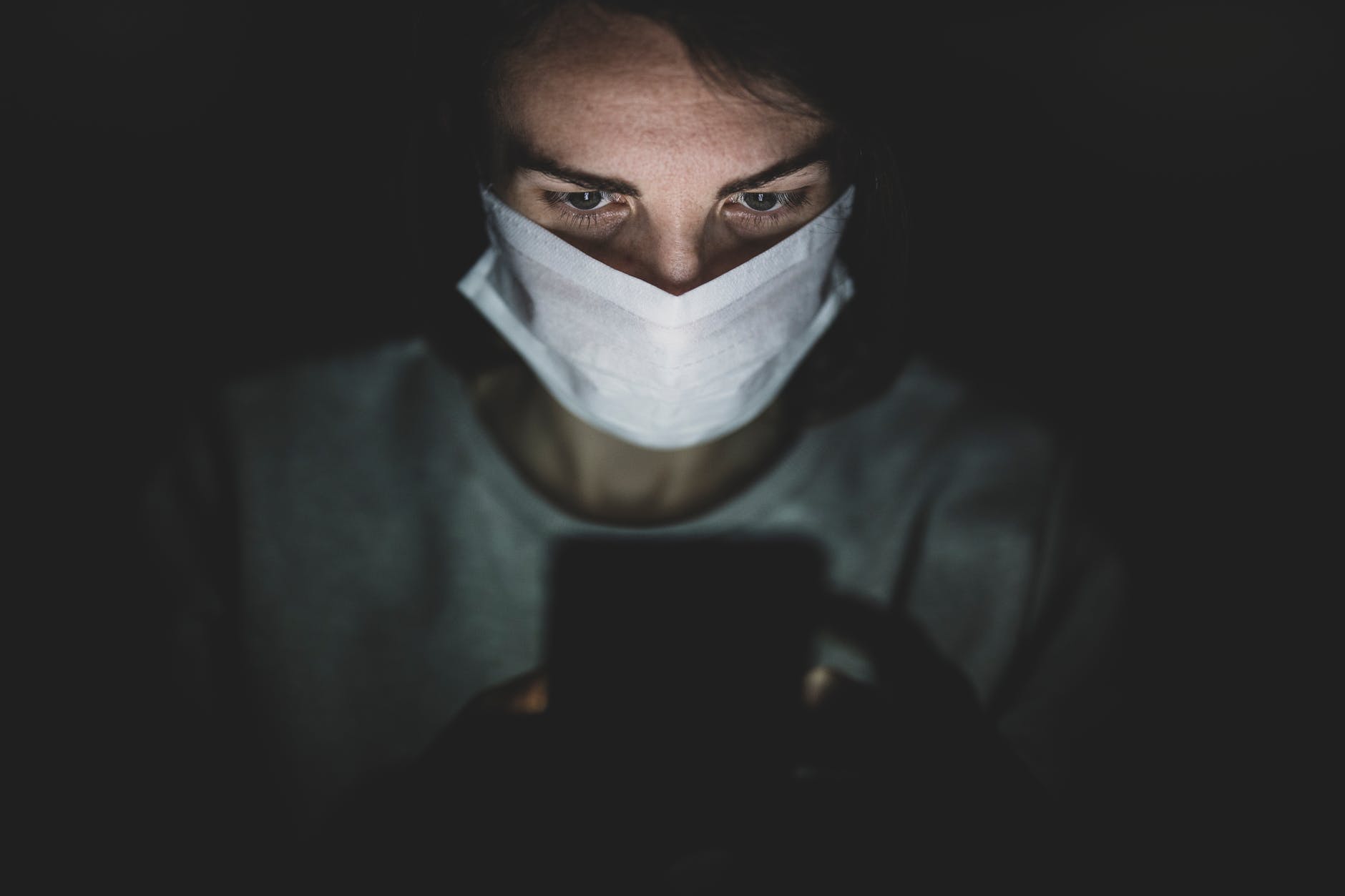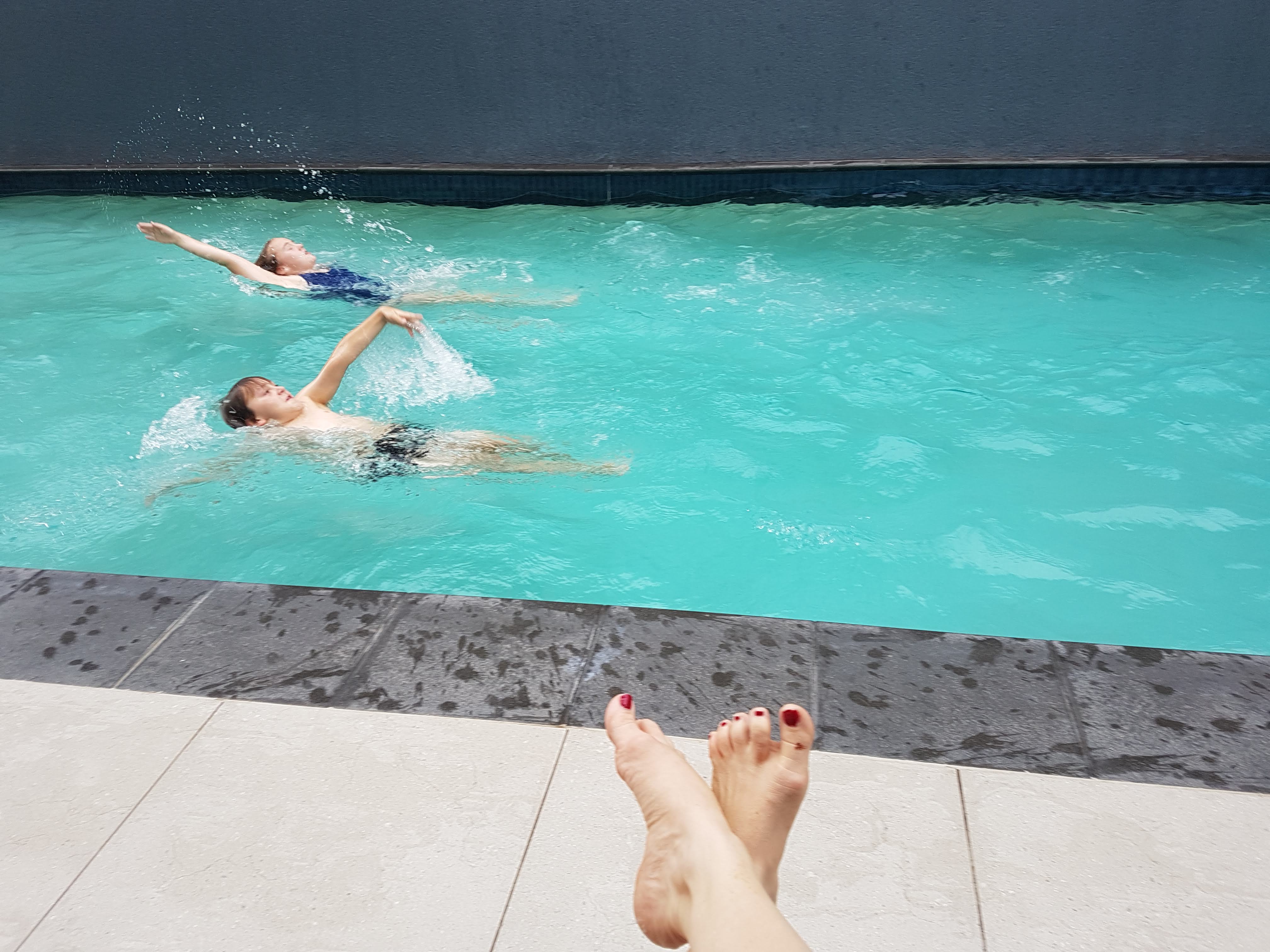
My 11 year old clobbered me with this question recently, and it felt complicated.
I say ‘clobbered’ because – for me – the words ‘stay at home mum’ come with baggage. This phrase and I have an uneasy history. My judgement started early.
As a child I never dreamt of future motherhood. At thirteen my family and I moved from Germany to Australia. The change in schools was ‘resilience building.’ The first year or two I learnt to live with being intermittently bullied. Then, to my relief, at the end of grade ten several of my tormentors left school. They were either pregnant or would soon be.
The idea of motherhood, when linked to these girls who had taken such joy in making my life hell, became abhorrent.
Homing in on my goal of becoming a vet drove me through my last two years of school and into university. I worked hard, and with tunnel visioned arrogance. I saw children as a hindrance and the women who devoted their lives to staying at home and looking after them as little more than shepherdesses tending their flock while life passed them by.
When Michael (my now husband) and I started going out I spent the first years of our relationship reiterating that I would never want children. My career would always come first. He supported me.
8 years later we married and moved to the UK to work and travel. After we returned to Australia I continued working and started a second university degree.
Then, somewhere between 31 and 32, I sensed I would regret not trying to have a baby. It took one month to conceive that first baby. The plan was for me to stay at home in the beginning and go from there.
The universe laughed heartily.
I spent close to the first four months of motherhood in the mother baby unit of a psychiatric hospital. Along with parenthood I was served postnatal psychosis, catatonic depression, electroconvulsive therapy, and a lot of medication. I had no history of mental illness before the birth.
At times I was too unwell to look after my baby. And even when I could – my survival and care had to come before caring for my baby. I didn’t have the luxury of martyrdom. My baby and husband needed me alive.
Eventually I recovered from that episode of illness. But as much as I loved my baby, I found the stay-at-home mum loop of feeding, cleaning, settling, on endless repeat mind numbingly dull.
I returned to veterinary work part time.
My work re-engaged my brain. A day’s work felt like I had achieved tangible results, instead of running on the hamster wheel of domesticity all day.
Three years later, we had a carefully considered second baby whose arrival was also accompanied by a savage return of psychosis, mania, depression and a now definitive diagnosis of Bipolar 1 Disorder.
Once I’d recovered, I struggled with the same aspects of stay-at-home motherhood I had with my first baby and returned to part time veterinary work.
Veterinary work is not particularly compatible with motherhood.
Shift ending times are academic. Needing to be home by a set time after work guarantees an emergency turning up, a regular appointment blowing out, or needing to catch up on phone calls and notes.
Childcare centres with their sharp closing times were not an option. My husband took over childcare when he wasn’t working. My mum helped too. But we largely relied on a nanny to cover my work shifts during the week.
By the time the nanny had been paid, my hourly rate sat at around $15 hour – to consult, perform, diagnostic tests, soft tissue surgery, dentistry, radiography, radiology, pharmacology, emergency medicine, euthanasia – for my patients and to communicate effectively and compassionately with my clients.
I worked for my sanity rather than the money.
At one point I switched to weekend work to make it a little more financially worthwhile. My husband was the stay-at-home parent for those days. He worked weekdays. We tag-teamed parenting and never had any time together as a family.
Veterinary work is rewarding.
It is also emotionally and mentally demanding. Many clients carry anxieties into the consulting room with their pet. At the end of a workday I had little emotional energy left for my family because I’d spent it on my clients.
Thankfully my children’s demands on my emotional energy were minimal when they were little.
But now, at 15 and nearly 12, it is all about being emotionally available. And unlike changing a nappy or cleaning up pureed fruit, sensing where on their emotional barometer they sit and responding appropriately, is something I don’t believe can be outsourced.
Just over 2 years ago I stepped away from veterinary work. In large part to focus on having my book published and explore my writing interests further, but also to be there for my children at ages when I feel they need me most.
I am grateful we can afford this choice.
My thoughts on stay-at-home motherhood have thankfully changed since I was fifteen. But some flinty fragments of my old views persist. I still don’t like the term ‘stay at home mum’. It implies too much domesticity, and that the bearer of this title has no interests outside of her children.
I would be a terrible mother if I hadn’t built a career first, and if I didn’t have interests outside of mothering. But the balance has shifted from shoving my family around the demands of an unyielding career to finding interests and opportunities that drape themselves more gently around the needs of my family.
So, in answer to ‘Am I a stay at home mum?’ My answer is ‘Sometimes.’
My memoir Abductions From My Beautiful Life was published in April 2021 and is available through most online booksellers including Amazon, Booktopia, and Fishpond. You can find an excerpt here Book
You may also like to check out these links













